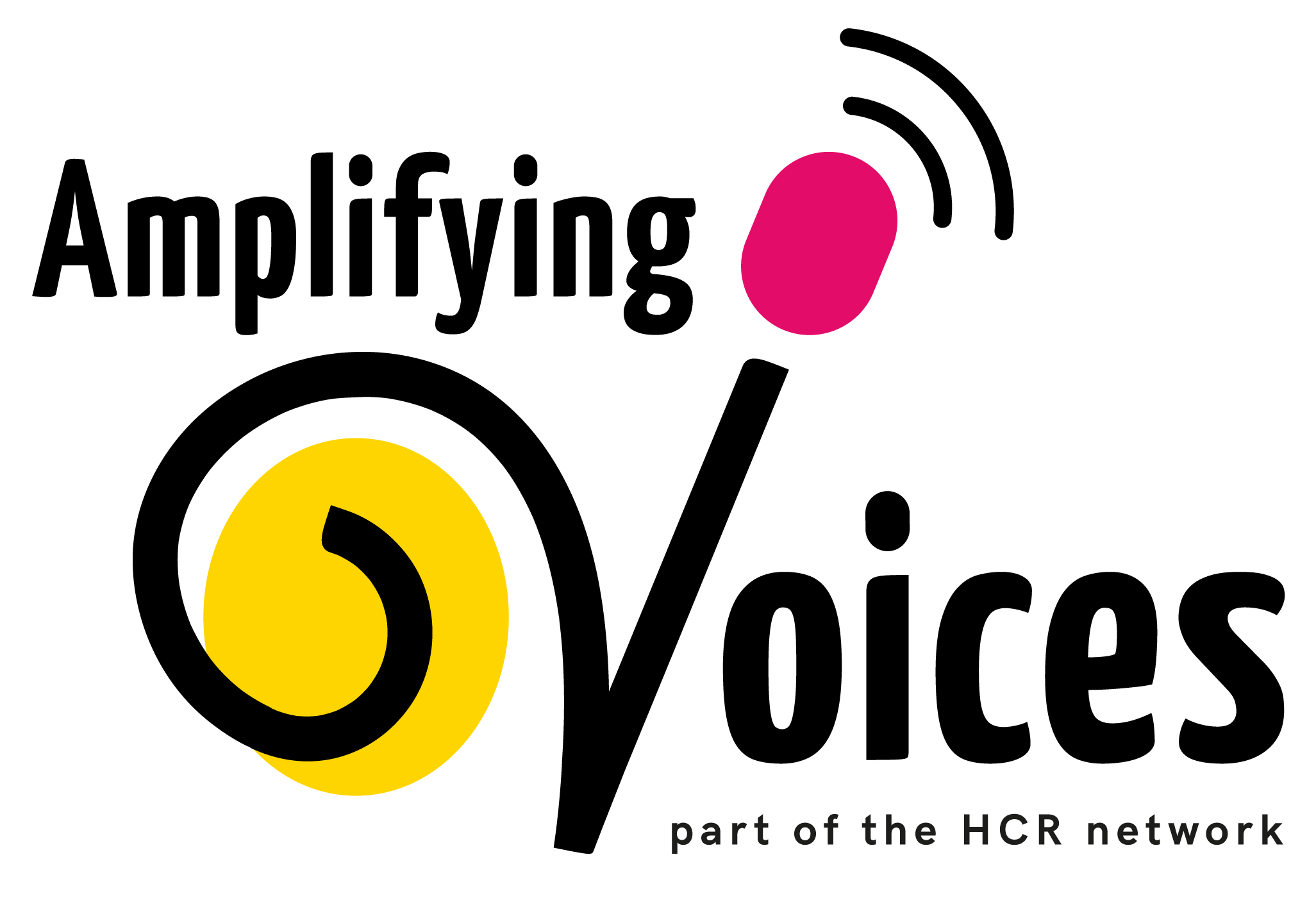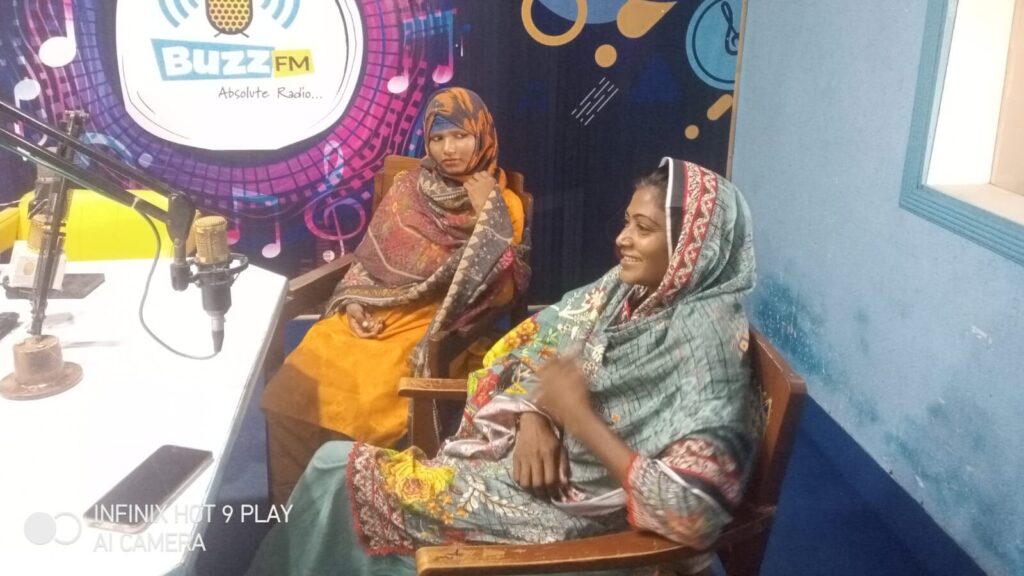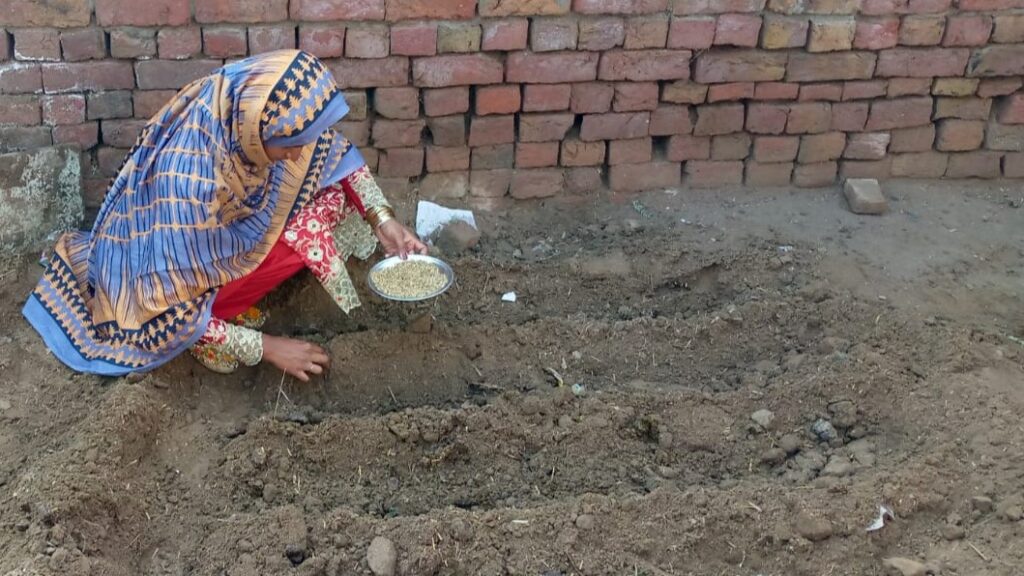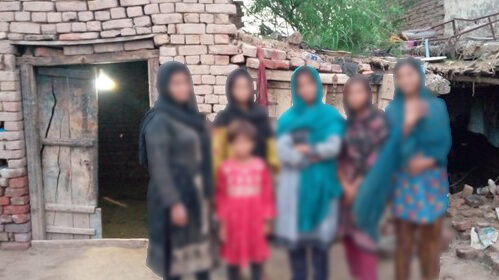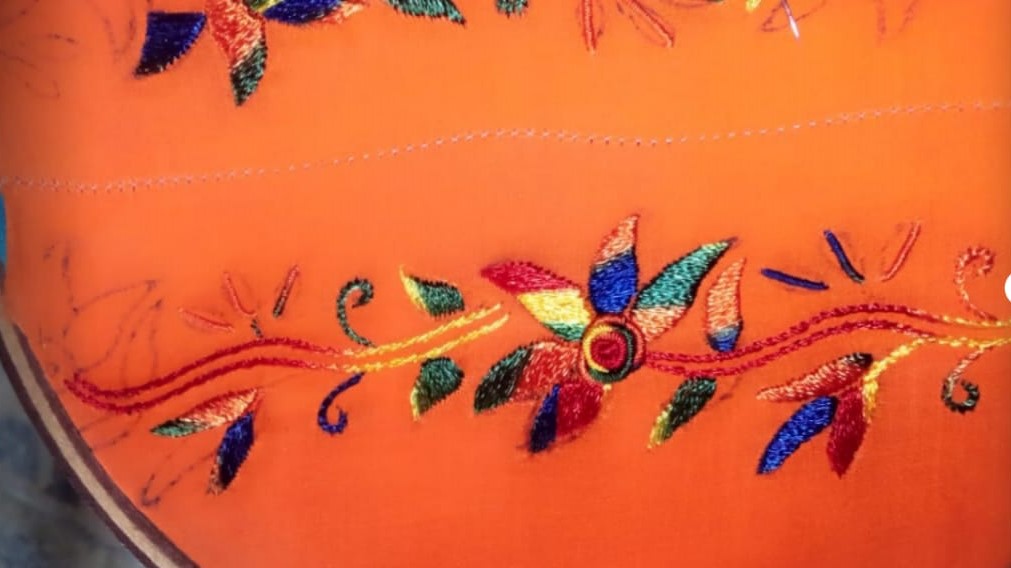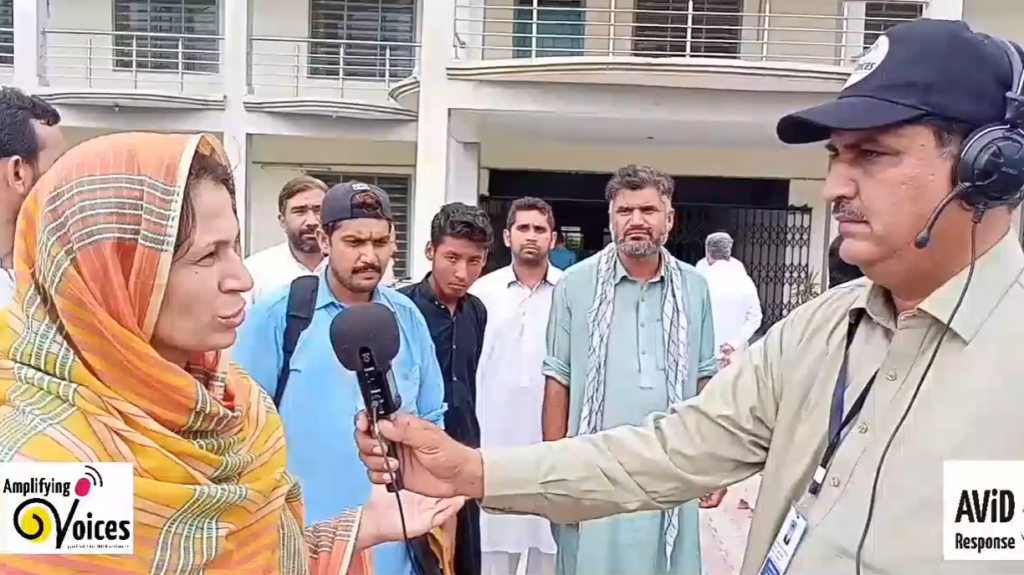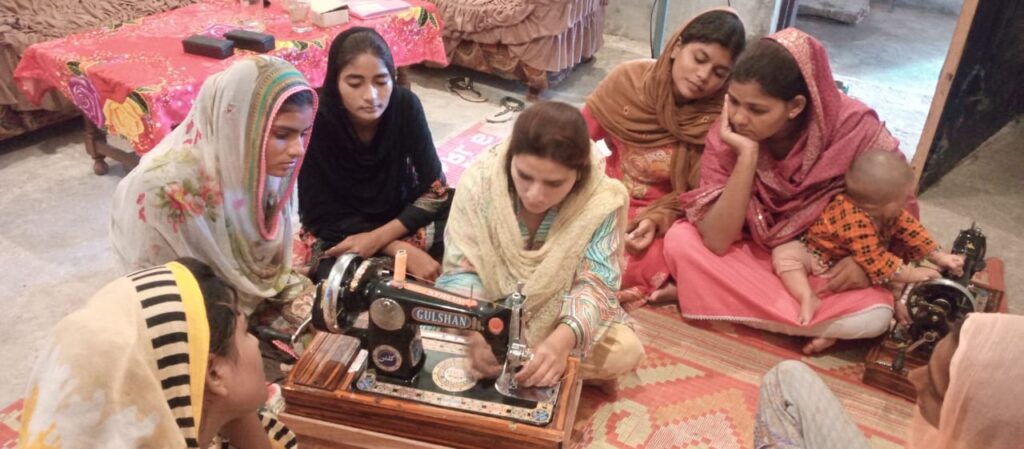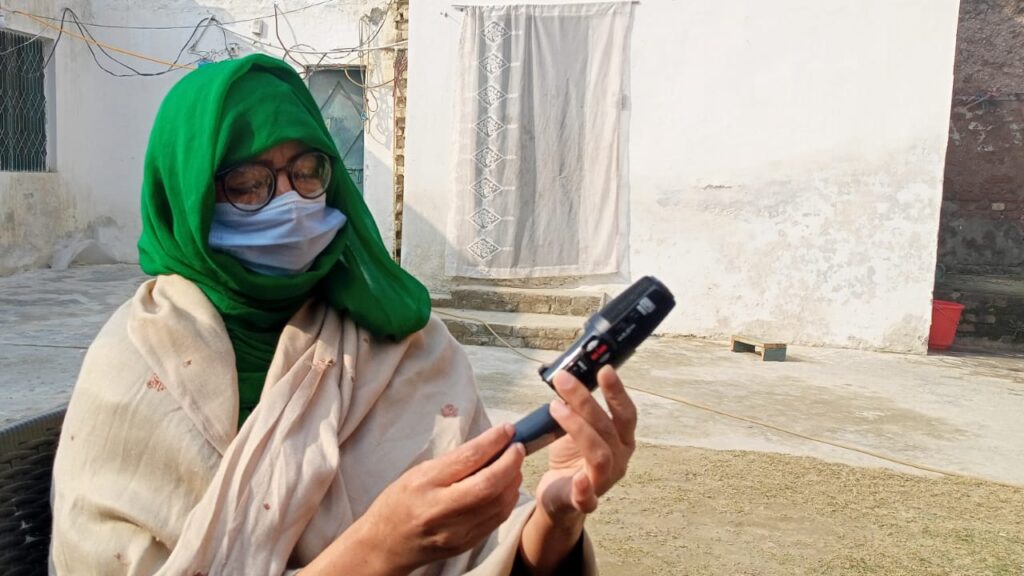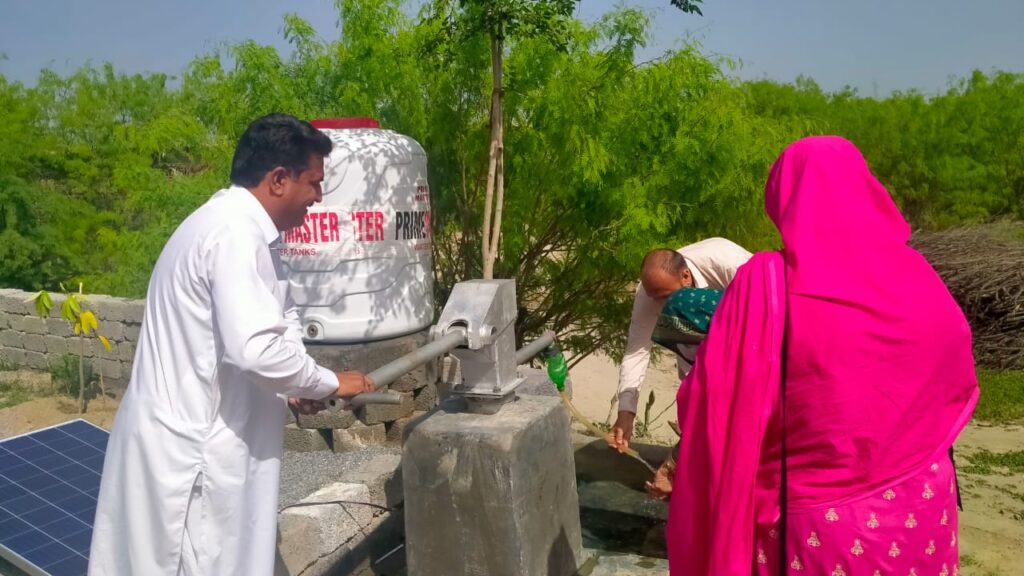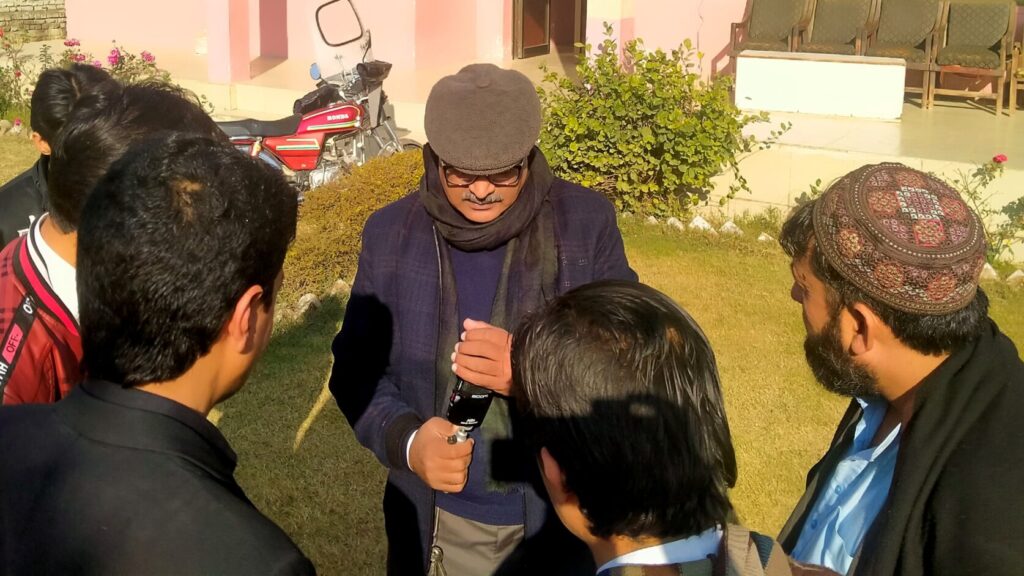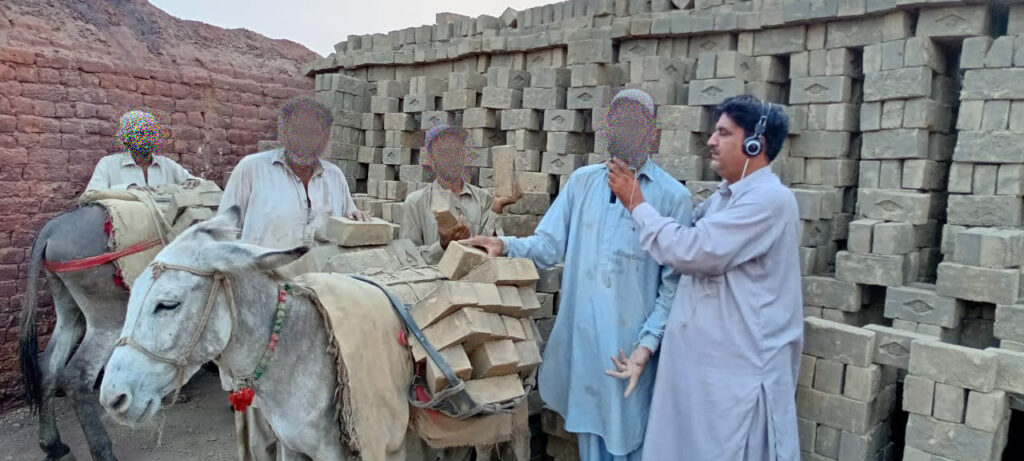Pakistan
Browse the following articles for stories from Amplifying Voice Pakistan and their partners.
Opening doors in Sargodha
By Johnny Fisher and Hazeen Latif |
Going live on local FM radio, woman and girls from the Roshan Ghar project are creating new opportunities and opening new doors for rural listeners near Sargodha.
Amplifying with care
By Johnny Fisher and Hazeen Latif |
Amplifying Voices Pakistan promotes change at a pace that allows time for long-held cultural norms to adapt. Through Bright Home groups, they’re finding a care-filled approach to amplifying voices is paying dividends for positive change.
From rage to peace
By Johnny Fisher and Hazeen Latif |
Taking part in a “Bright Home” group helped six sisters to overcome their rage at having “nothing to lose”, finding peace and boldness to take risks to improve their future, inspiring others to come alongside.
Things no-one talks about
By Johnny Fisher and Hazeen Latif |
Bright Home helps Pakistani women create new opportunities. We hear how Amplifying Voices navigates challenging cultural barriers and norms, and discusses things no-one talks about.
Amplifying Voices in the Pakistan floods
By Johnny Fisher and Hazeen Latif |
Amplifying Voices Pakistan responded to the Pakistan floods by supporting communities in KPK near Charsadda and near Nowshera. This was our first deployment of an Amplifying Voices in Disaster (AViD) response.
Vocational skills pave the way
By Johnny Fisher |
This week, women from a minority community in Punjab started a series of workshops teaching sewing skills to other women and girls. At the end of the first day, participants and their relatives told the coordinator that they see this workshop as a launch pad to greater things. One participant said that her sister is…
Listen – then listen again
By Johnny Fisher and Hazeen Latif |
In a village in Pakistan, we recently heard this story that highlights the importance of iterative listening when engaging with communities. And after listening to come back and listen again …
Radio programme that dug a new borehole
By Johnny Fisher and Hazeen Latif |
When radio programmes highlighted an isolated community’s struggles to access fresh water, a local donor stepped in, wanting to assist as part of her Ramadan preparations, so that the community could to drill a new borehole.
A unique light in the community
By Johnny Fisher and Hazeen Latif |
Irshad – the motorbike light guy, attends a community-centred media workshop in Charsadda. He sees the potential for more light…
Brickmakers speak out
By Johnny Fisher and Hazeen Latif |
Due to the sensitivity of this issue, faces are blurred to protect identities of local workers Brickmaker factory owners in South Asia are notorious for their mistreatment of workers. Despite official legal protection, many families are trapped through oppressive bonded labour arrangements. Amplifying Voices Pakistan and their new local partner, Community Media Power, visited brickmaking…
